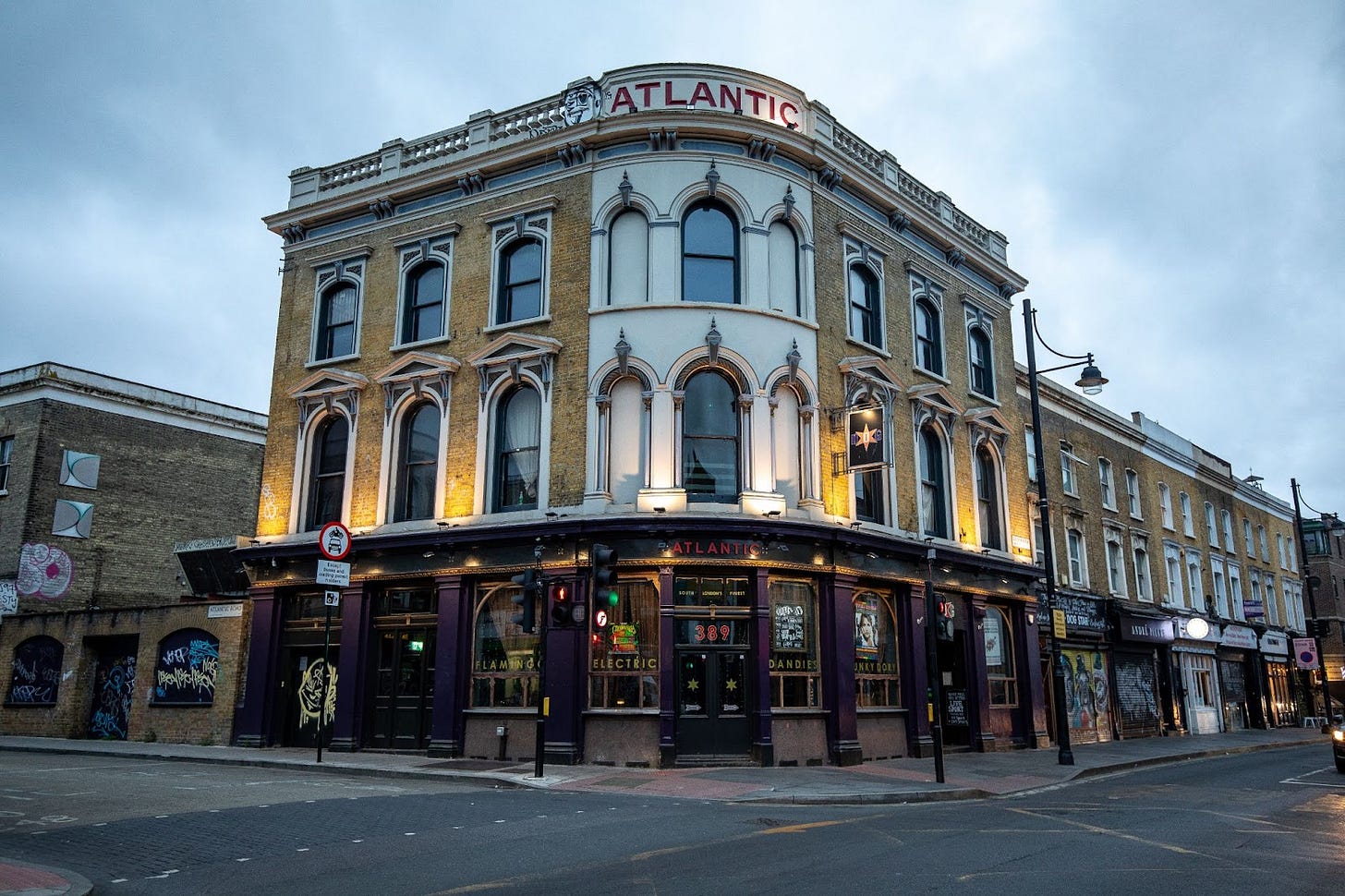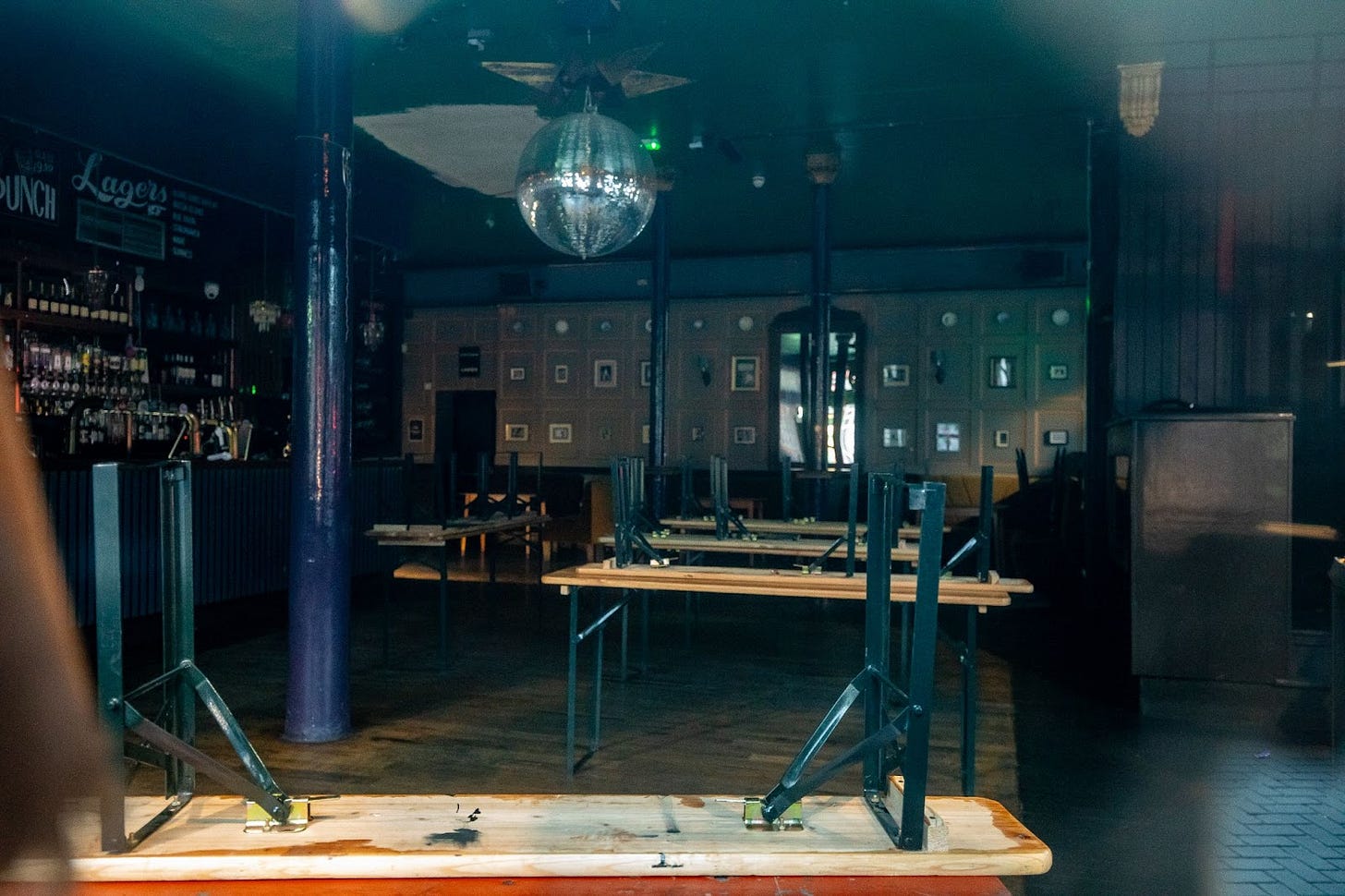Inside the fall of a London pub empire
Antic was meant to disrupt the capital’s mainstream pub chains. It’s now selling off close to half its estate. What went wrong?
Morning — of all the companies that control London’s pubs, Antic is something of an outlier. Established at the turn of the millennium, the pub group — or ‘collective’, as it’s sometimes styled — has taken a different approach to the likes of Spoons or Greene King. Quasi-independence for members, distinct identities and a signature ‘granny chic’ style.
But things have taken a turn for the worse. Last month, the group announced it’s selling off 13 pubs across south and east London. Several well-known boozers are on the list — the East Dulwich Tavern, Tooting Tram and Social, Brixton’s Dogstar. Their fate is now in the hands of administrators and then the eventual buyers, who may be eyeing more lucrative redevelopment opportunities.
For this week’s big read, John Lubbock delves into the rise and fall of Antic, speaking with former employees to uncover the inside story. Many speak of the whiplash they’ve felt at the group’s rapid acquisition of London pubs in its heyday. Others tell of forced aesthetics of authenticity coming back to bite.
The fall of a London pub empire is below.
“It became a burning hole in their pocket”: The fall of Antic
By John Lubbock
The front lights were on but the doors were shut when I visited the Dogstar on Atlantic Road in Brixton last Thursday evening. I couldn’t see any staff or customers as I looked through the window, just chairs stacked on tables. A disco ball hung rather sadly in the middle of the ceiling.
In the past few weeks, the Dogstar has been put under the control of administrators, who are now trying to sell it off. The pub is one of more than a dozen across south and east London that were recently part of a group called Antic. That was until this July, when Antic announced long-running problems with debt meant it was partly going bust. The group is selling off roughly 40% of its estate, including the likes of The Sun of Camberwell, the Clapton Hart, and Coopers in Crystal Palace. It’s a significant fall from grace for an unusual London pub group that had sought to disrupt the capital’s mainstream boozers when it was established in 1999.
But perhaps an unsurprising fall, according to the former Antic employees I’ve spoken to. Chaotic management, staff burnout and impractical vanity projects are among the explanations they give for the collapse. It’s a different account to that of Anthony Thomas, the manager of Antic, who instead tells me wider trends, like Londoners choosing to spend more time at home, have hit the group catastrophically.
Keep reading with a 7-day free trial
Subscribe to London Spy to keep reading this post and get 7 days of free access to the full post archives.



